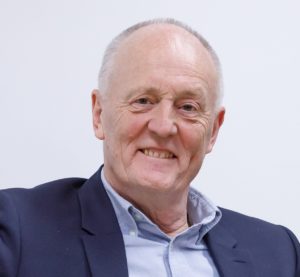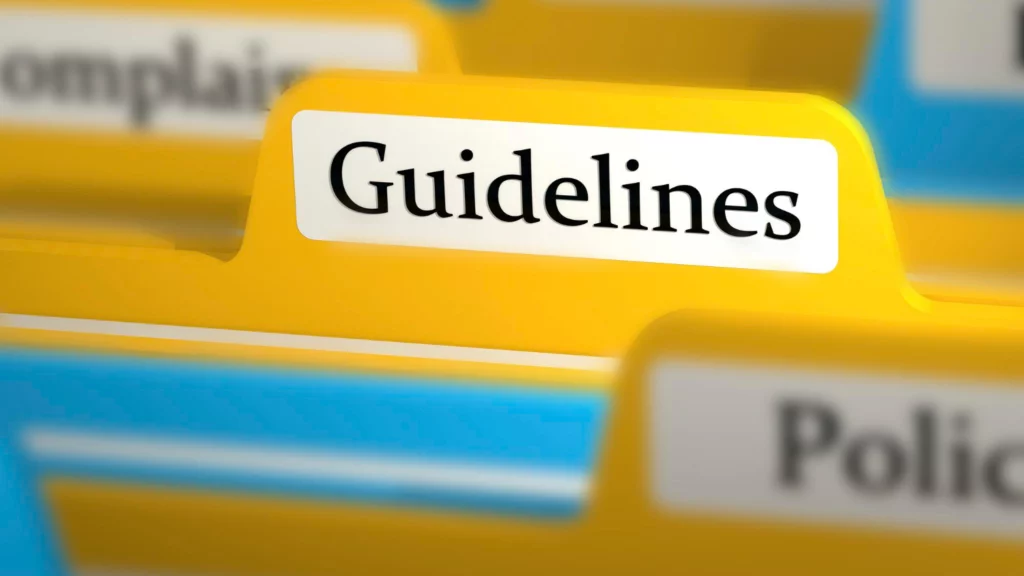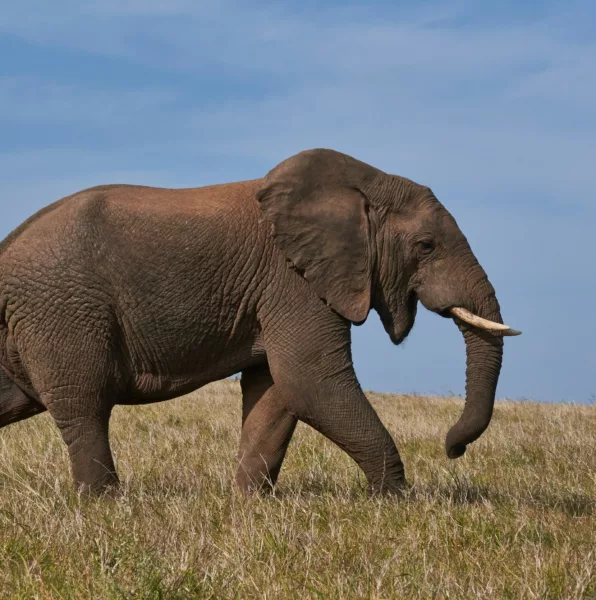Social challenges aren’t easy to tackle. In this regard Science Advice for Policy is very important. In its most recent Evidence Review Report ‘Making sense of science for policy’ SAPEA (Science Advice for Policy by European Academies) looks at the empirical evidence and academic material on the relationship between science and policy.
Making Sense of Science for Policy
Alan Irwin, ‘Making sense of science for policy’ is an unusual title for an evidence review report. What is the report about?
Irwin: I think the topic of Science Advice for Policy is a very important and interesting one in general. There are so many areas these days where politicians and policy-makers are looking for technical guidance or expert assistance. Fields like artificial intelligence, biotechnology or nanotechnologies are some examples that come to mind when thinking about science but it is also the case in areas like economics for instance. In our report, we deliberately take a very broad approach to ‘science’ so as to include the social sciences and humanities too. The report came about in light of this growing discussion and because there is a need to bring together the evidence on the relationship between science and policy.

Lots of people have opinions and recommendations on these issues but the hard evidence is not always considered and that is the difference to this report. Thus, looking at the empirical evidence and academic material was one of the main goals of the report.
What are the main findings?
Irwin: One thing that kept coming up was complexity. Scientific fields are often very complex and this makes it harder to give clear advice. Especially, because it is not just about scientific complexity but also about the social complexity of those areas as a lot of factors have to be figured in when making decisions. This is not necessarily a bad thing but something one has to be aware of when drawing on scientific advice for policy making.
Another term that kept coming up and is related to complexity was uncertainty. It is a general characteristic of science and again, it is important to factor this in. Scientific expertise aims to support effective policy-making by providing the best available knowledge but it is not always straightforward.
Keeping in mind that communicating science is complex and carries uncertainties is also important when building trust. This is one of the reasons why in the report we aren’t trying to give specific advice but are trying to provide a solid basis for discussion.
What are the next steps after the report was now published?
I hope it creates some attention to the topic and will generate some more debate across Europe on how we can improve handling these issues. I think the relationship is often frustrating but I think we need to work on it and foster a better understanding between the two systems. It is not about scientists being on the one side and policy-makers on the other side — we need to come together and understand the challenges of both perspectives.
Policy making is very often complicated and dependent on specific contexts. Thus, science is only one part of the equation when making decisions and understanding. This is important for the scientists and experts involved. If the report helps foster this dialogue we have achieved a lot. 
What are the limitations for scientists to giving advice?
I think one of the main challenges is differentiating between one’s very specific expertise and giving advice on a broader level.
Politicians often ask for a broader perspective on issues and want scientists to report on the general issues whereas scientists are typically highly specialised. Thus, they will not always be able to give authoritative advice but rather depict ongoing debates. It is not necessarily part of a scientist’s training to give policy-relevant advice or to communicate the bigger picture. Finding a balance in this is hugely important when it comes to communicating with policy-makers. But I do think this is a vital issue both for the quality of decision-making and for the strength of our democratic processes.
SAPEA (Science Advice for Policy by European Academies) is a Horizon 2020 funded project made up of a consortium of five European academy umbrella organisations, in total representing more than 100 academies across Europe.
SAPEA is part of the European Commission’s Scientific Advice Mechanism and together with the Group of Chief Scientific Advisors (GCSA), SAPEA provides independent scientific advice to European Commissioners to support their decision-making.
The latest SAPEA report was created on the request of the GCSA to underpin their forthcoming Scientific Opinion to be published in September. The report was elaborated by 16 leading international experts in the field and in truly interdisciplinary fashion.






